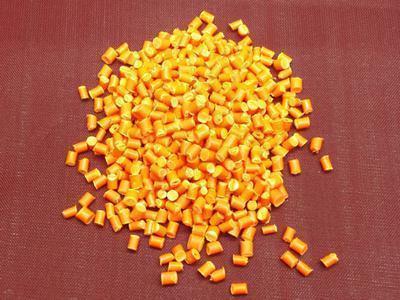NEWS
What is American Milkman Model and how it could save Vietnam recycling industry?
The Milkman Model may sound outdated, since this term has a history dated back to the 1950s. At that time in the USA, consumers didn’t own the milk bottle, the producing companies did. The milkmen delivered the milk to customer’s house and collected the old empty bottles which had been used. They brought them back to the factory, where they would be washed, cleaned and ready to be used again. In the dawn of 2000s, with the mass production of bottles in significantly cheaper prices, instead of returning to the milkmen, the used bottles went straight to the garbage bin.
Consumer industry had indeed gone in a circle, because after about a century later, the plastic industry has considered revived this model.
On the recent event held by the World Economic Forum, Loop has announced on a new shopping platform. The idea was applauded by several industry influencers and experts and also expected to be a signal that changes consumer’s shopping habit.
Tom Szaky, CEO of TerraCycle, an international recycling company based in New Jersey, commented, “Loop is the future of consumption.” The top consumer brands PepsiCo, Nestle, Coca-cola had registered on their partnership with Loop. The industry leaders shared a vision that by 2030, all of their packaging will be either reusable or recyclable. So far, the response to the Loop model has been highly positive.
Loop is, in short, a “reincarnation” of the milkman model. Loop deliverymen take shampoo, milk bottle, cosmetic products, etc per order to customer’s house. After use, customers return the empty bottle at their door, so that the deliverymen can bring them back to the recycling center.

Will this model hold any future in Vietnam and other developing countries?
This is a question that does not address the present, but the future. So far, online shopping and home delivery is not a popular shopping habit in Vietnam. Consumers has always been shopping directly at the store, hence there has never been a milkman model in Vietnam to begin with. There are only two outcome of this.
Stores will start to open a place for used bottle dumping. Customers bring their empty bottle back to a collection point in the store to gain discount.
Or the exact milkman model could work. With the rise of online shopping, the Loop model could be a perfect option to consider in the near future.
The only question left is, how much the consumer industry and the government are willing to assist this approach of recycling method?


 Tiếng Việt
Tiếng Việt

